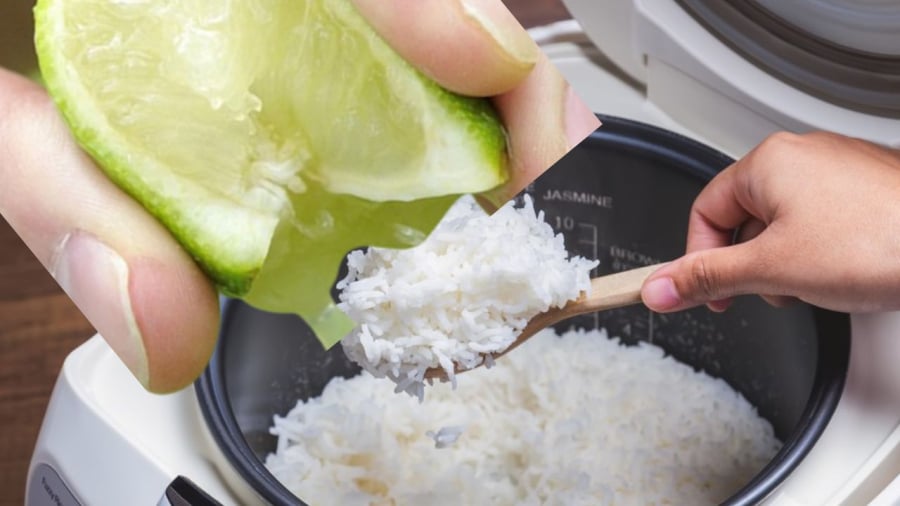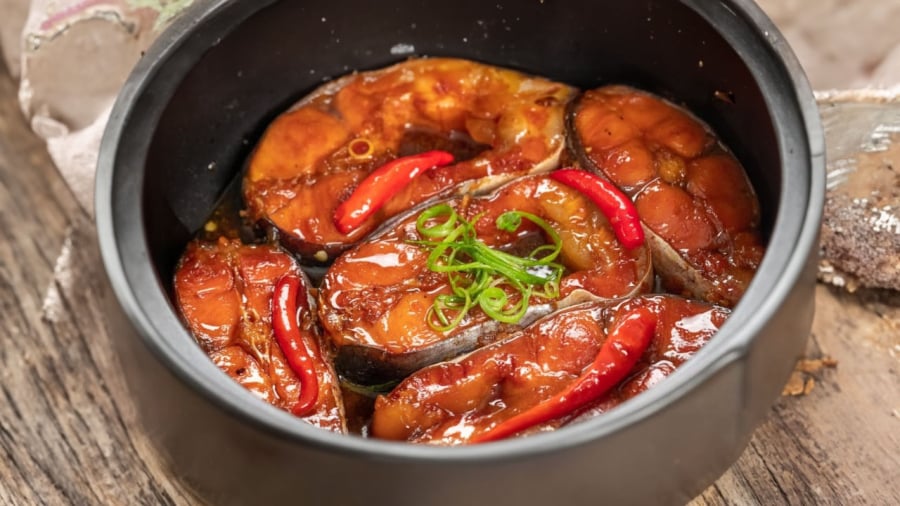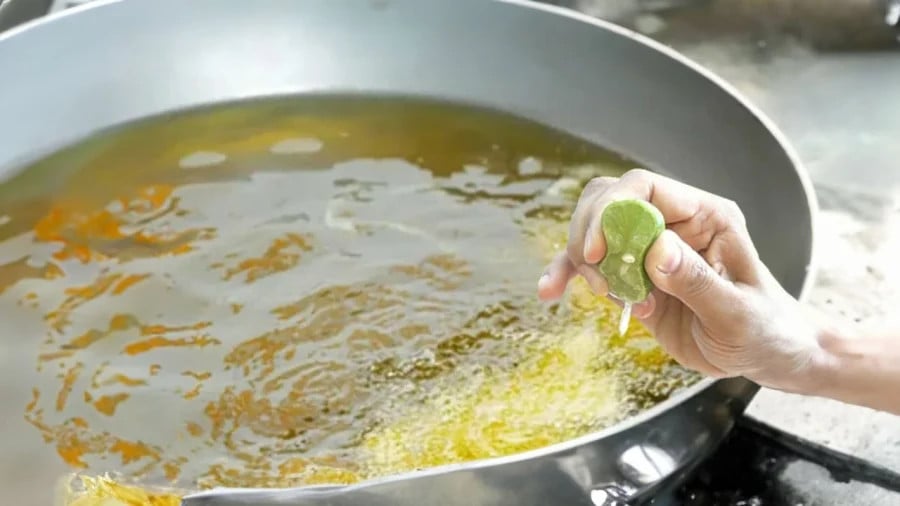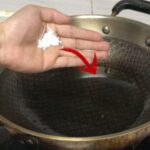Add a Splash of Lemon Juice to Your Rice
Try adding a bit of lemon juice to your rice as it cooks. The acidity of the lemon juice helps to fluff up the rice grains, making them softer and whiter. Additionally, lemon juice acts as a natural preservative, helping to keep your rice fresh and preventing spoilage. Even if you’re using older or harder rice grains, a splash of lemon juice will improve the taste and texture. Just be sure to only add a small amount – about a teaspoon per bowl of rice – and avoid including any lemon seeds or rind, as they can impart a bitter taste, especially at high temperatures.

Lemon Juice Helps Keep Rice White and Fresh
Use Lemon When Braising Fish for Faster Bone Softening and a More Aromatic Dish
When braising fish, squeeze in some lemon juice and add the lemon rind as well (just be sure to remove the seeds to avoid any bitterness). This is a well-kept secret of many traditional fish braising experts. The acidic nature of lemon juice helps to soften the fish bones faster, while the firm flesh remains intact and doesn’t turn mushy. Moreover, the aromatic lemon oil in the rind helps to neutralize any fishy smell, resulting in a more fragrant dish. Don’t worry about bitterness, as the strong fishy flavor will balance it out. In this harmonious combination, the lemon eliminates any fishy odor, while the fish prevents any bitterness from the lemon. This results in a delicious, aromatic, and tender braised fish dish.

Lemon Helps Braised Fish Bones Soften Faster
Add Lemon Juice to Your Frying Pan for Crispier Results
When frying foods like meat or fish, a common concern is achieving that perfect crispiness without drying out the inside. A clever trick is to add lemon juice to your frying pan, which helps create a crispier exterior while maintaining moisture, resulting in a longer-lasting crispness.
Lemon juice is especially useful when frying starchy foods like doughnuts or spring rolls. It helps to quickly form a crispy outer layer that stays crisp for longer. Additionally, lemon juice helps to prevent oil splatter during frying, making it a handy addition to your cooking routine.

Lemon Juice Creates a Crispier Frying Experience
Soak Your Fruits and Vegetables in Lemon Water to Prevent Discoloration
When cutting fruits and vegetables like bananas, plantains, or water spinach, you may worry about them turning brown. To prevent this, prepare a mixture of lemon water by adding lemon juice to a bowl of clean water, then soak your produce in it. The lemon water will help maintain the bright, appealing color of your fruits and vegetables.
Use Iced Lemon Water to Enhance the Appearance and Taste of Boiled Offal and Meat
When boiling offal, stomach, meat, or chicken feet, you can improve their appearance and taste by preparing a bowl of iced lemon water. As soon as your ingredients are done boiling, plunge them into the lemon water. This will not only help cool them down quickly but also ensure they maintain a bright, white color. Many people are unaware of this simple trick, which can significantly enhance the taste, aroma, and overall appeal of these dishes.





































